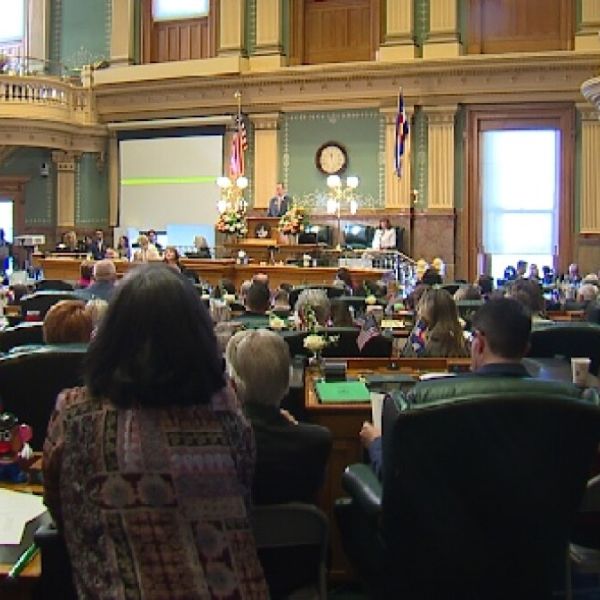After a court ruling ended Texas’ in-state tuition program for undocumented students, immigration advocates worry similar legal attacks could spread to other states. The Trump administration has already begun targeting tuition programs in Kentucky and Minnesota, though Colorado hasn’t faced any legal challenge yet.
Still, Colorado Attorney General Phil Weiser says he’s prepared to defend the state’s program. “Colorado’s 2013 law is on firm legal ground,” a spokesperson from Weiser’s office said. The law allows undocumented students to pay in-state tuition if they attended a Colorado high school or lived in the state for at least a year. It does not grant preference over out-of-state U.S. citizens, the spokesperson emphasized.
The Trump administration argues that letting undocumented students pay less than out-of-state citizens is discriminatory. The legal challenges stem from an April 28 executive order that targets sanctuary states and tuition assistance programs for undocumented students.
Gov. Jared Polis also defended Colorado’s policy, saying states have the right to set their own tuition rules. “Dismantling or micro-managing in-state tuition across the country is absurd,” said a spokesperson from the governor’s office.
Colorado is one of 23 states, along with Washington, D.C., that offer in-state tuition to undocumented students. Officials have declined to release how many students benefit, citing privacy.
Texas, once a leader in such programs, ended its in-state tuition program just hours after the Trump administration filed a lawsuit. Immigration advocates say that move ignored the democratic process and betrayed thousands of students who contribute to the economy.
Krystal Gómez of the Texas Immigration Law Council said, “This isn’t just about tuition—it’s about whether fear and confusion will replace fairness and clear law.”
Advocates also stress the long-term impact. Without access to in-state tuition, many undocumented students face sky-high costs and no access to federal aid. In Texas, nearly 20,000 students who benefited from the Texas DREAM Act now earn more than $430 million annually, money that helps support state and local economies.
Colorado officials remain confident in the legality of their program. A May letter from the Colorado Department of Higher Education stated, “Federal executive orders do not override existing federal statutes. States have authority under federal law to offer certain types of assistance regardless of immigration status.”
About 408,000 undocumented students enroll in college each year, including 6,800 in Colorado, according to the Higher Ed Immigration Portal. Without programs like these, many may be forced to abandon their education goals.
This article has been carefully fact-checked by our editorial team to ensure accuracy and eliminate any misleading information. We are committed to maintaining the highest standards of integrity in our content.

Katie is a senior who has been on staff for three years. Her favorite type of stories to write is reviews and features. Katie’s favorite ice cream flavor is strawberry.















Leave a Reply